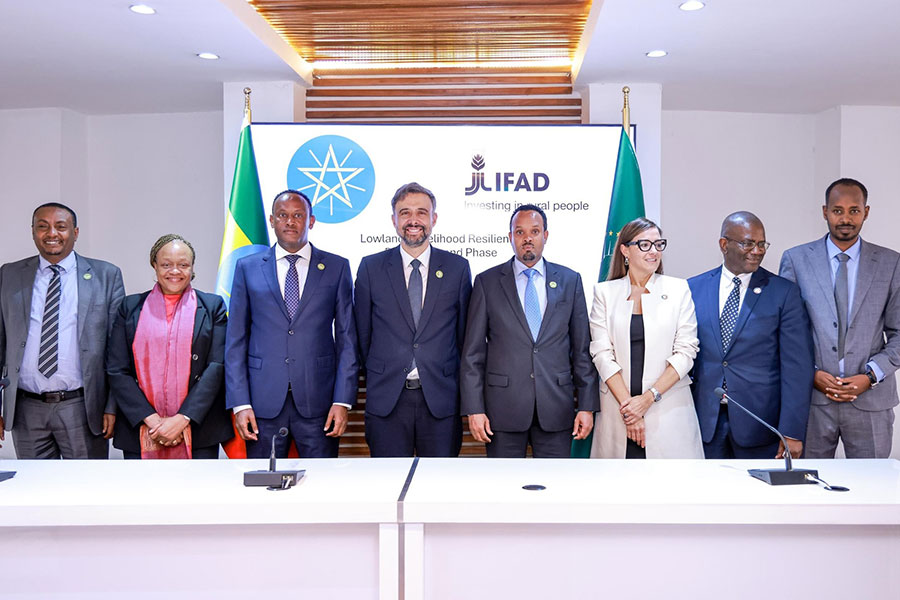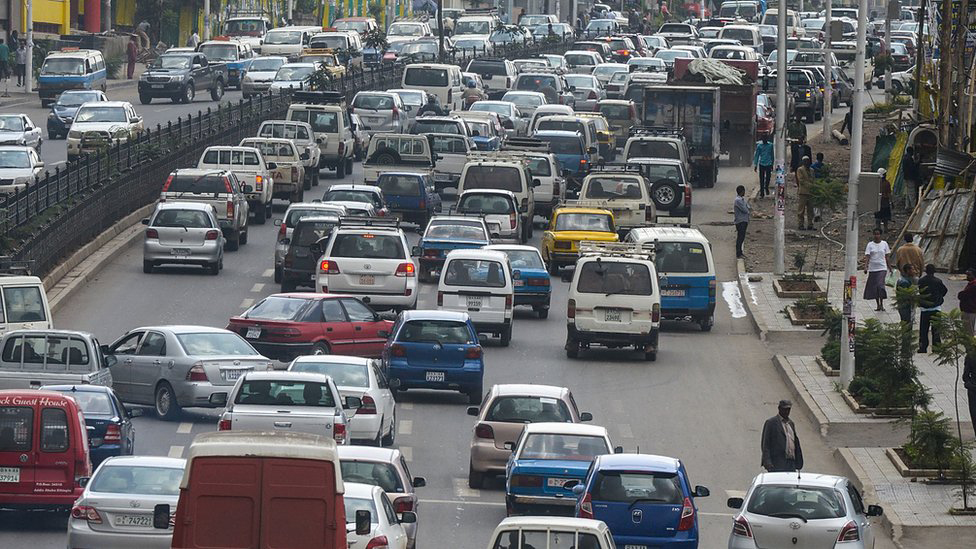
Editorial | Oct 10,2020
Ethiopia has written a mandatory National Safe Travel Protocol to obtain a safe travel stamp, an accreditation given by the World Travel & Tourism Council to the countries that adopt standardised global health and hygiene protocols.
The Ministry of Culture & Tourism crafted the Protocol over the past two months after consulting with operators in the sector. Tourism Ethiopia, Addis Abeba Hotel Owner's Association, the Hotel Marketing Association, the Ethiopian Chef's Association and the Ethiopian Tour Operator's Association participated in the drafting process.
Prepared following international guidelines issued by the World Health Organisation (WHO) and Centres for Disease Control (CDC), the Protocol has four broad sections of applicability. The first three focus on tour operators, attraction sites and hospitality establishments. The remaining section is applicable to meetings, incentives, conferences and exhibitions (MICE).
The Protocol will be implemented across all the chains in the tourism sector in collaboration with regional tourism bureaus, according to Tewodros Derbew, director of international tourism facilitation at the Ministry.
The document has been distributed across tourist destinations, and the Ministry is currently waiting for confirmation on the applicability of the Protocol across the regional states.
"While it has its own cost implications, the main work lies in changes in attitude when it comes to safety," said the director, who stated that the Ministry is doing an assessment of what materials are necessary for the rules to be implemented, including thermometer equipment, hand sanitiser and disinfecting equipment.
"We also have to compare what the country could potentially lose if this is not done," he said.
In the 2018/19 fiscal year, 900,000 tourists traveled to Ethiopia, earning the country three billion dollars in revenue. In the fiscal year that ended in July, just 541,000 tourists traveled to the country, bringing in a little over two billion dollars. The sector contributes nine percent of GDP.
Preliminary communications with the Tourism Council to get the accreditation have already been initiated, according to Sileshi Girma, CEO of Tourism Ethiopia.
African countries like Ghana, Egypt, Rwanda and Kenya have already secured the stamp.
The official launching of the Protocol is expected to take place before the beginning of the Ethiopian New Year.
The guidelines will uphold high standards of cleanliness for the safety of visitors and the workforce, including local communities, according to Getahun Alemayehu, president of the Hotel Marketing Association.
"It encompasses all the players in the sector," he said. "This will ensure safety for all those involved."
The Protocol compels operators to develop a COVID-19 prevention plan and train all their staff. It also requires them to use personal protective equipment like masks and hand sanitiser and facilitate cashless transactions whenever possible.
Museums, campsites, castles, religious sites and monuments should have temperature checkpoints and adequate supplies of water, soap and hand sanitiser. The Protocol limits visiting groups to no more than nine while maintaining social distance. It also requires cleaning a vehicle's surfaces that a passenger may have touched with alcohol-based wipes or disinfectant before and after every journey.
Hotels are also required to screen all their employees through a quarterly COVID-19 screening. They are entrusted with training their staff and ensuring strict sanitising procedures on hotel public areas and touchpoints.
The country has a total of 1,200 hotels, while close to 150 star-rated hotels are located in Addis Abeba.
Hotels should also revise their standard operating procedures (SOPs) along with introducing a COVID-19 affidavit for guests. The affidavit contains a signed statement from the guests stating that they do not, to the best of their knowledge, have the virus.
The Protocol can help the hotel industry, which has been hit hard by the virus, by reviving the business and taking it to greater heights, according to Daniel Berhanu, general manager for the Addis Abeba Hotel Owners Trade Sectoral Association, which represents over 156 hotels in the city with 18,000 employees.
"The Association ensures the protection of the employees as well as their livelihoods," he said. "It does have its own cost implications, but we're in discussions with the government to get duty-free benefits."
So far, 50 hotels under the Association have taken loans provided by the government for the payment of salaries, and some part of those loans will also go to operational costs like this.
Owners and managers of venues and transport services should sign a pledge promising adherence to industry protocols. Implementing crowd control, as well as developing and enforcing a preparedness plan that includes designating an isolation room, is also part of it. They should also retain the names and contact details of all participants in these events to facilitate COVID-19 contact tracing for health authorities.
Contextualising international standards in order to make them applicable to the country was one of the tasks, according to Henok Zerihun, president of the Ethiopian Chef's Association.
"We have members that work in hotels that are following international standards," he said. "We've followed and incorporated these standards related to food services."
Following and implementing these guidelines despite challenges as a country is compulsory, according to Yonas Moges, co-founder of Calibra Hospitality Consultancy & Business Group.
"The competency of the country is a must if international travel is to take place for business or leisure," he said. "No one is going to risk their lives and go to a place that is deemed unsafe."
In a time where even local tourists are thinking twice about getting service at a restaurant, the standards can only be greater to embark on international travel, according to Yonas, who believes that the country needs to assimilate with a new form of doing business.
However, implementing the practices can only be successful when there are necessary inputs, advised Yonas.
"Most of the sanitising products are imported," he said. "The government needs to facilitate foreign exchange for companies that supply these products."
The country has lost over one billion dollars from tourism in the past fiscal year due to COVID-19.
PUBLISHED ON
Aug 22,2020 [ VOL
21 , NO
1060]

Editorial | Oct 10,2020

Radar | Aug 21,2021

Advertorials | Aug 10,2023

Viewpoints | Mar 21,2020

Radar | Aug 07,2025

Editorial | Oct 23,2021

Sunday with Eden | May 18,2019

View From Arada | Apr 13, 2025

Commentaries | Jun 13,2020

Radar | Jul 08,2023

Dec 22 , 2024 . By TIZITA SHEWAFERAW
Charged with transforming colossal state-owned enterprises into modern and competitiv...

Aug 18 , 2024 . By AKSAH ITALO
Although predictable Yonas Zerihun's job in the ride-hailing service is not immune to...

Jul 28 , 2024 . By TIZITA SHEWAFERAW
Unhabitual, perhaps too many, Samuel Gebreyohannes, 38, used to occasionally enjoy a couple of beers at breakfast. However, he recently swit...

Jul 13 , 2024 . By AKSAH ITALO
Investors who rely on tractors, trucks, and field vehicles for commuting, transporting commodities, and f...

Oct 25 , 2025
The regulatory machinery is on overdrive. In only two years, no fewer than 35 new pro...

Oct 18 , 2025
The political establishment, notably the ruling party and its top brass, has become p...

Oct 11 , 2025
Ladislas Farago, a roving Associated Press (AP) correspondent, arrived in Ethiopia in...

Oct 4 , 2025
Eyob Tekalegn (PhD) had been in the Governor's chair for only weeks when, on Septembe...